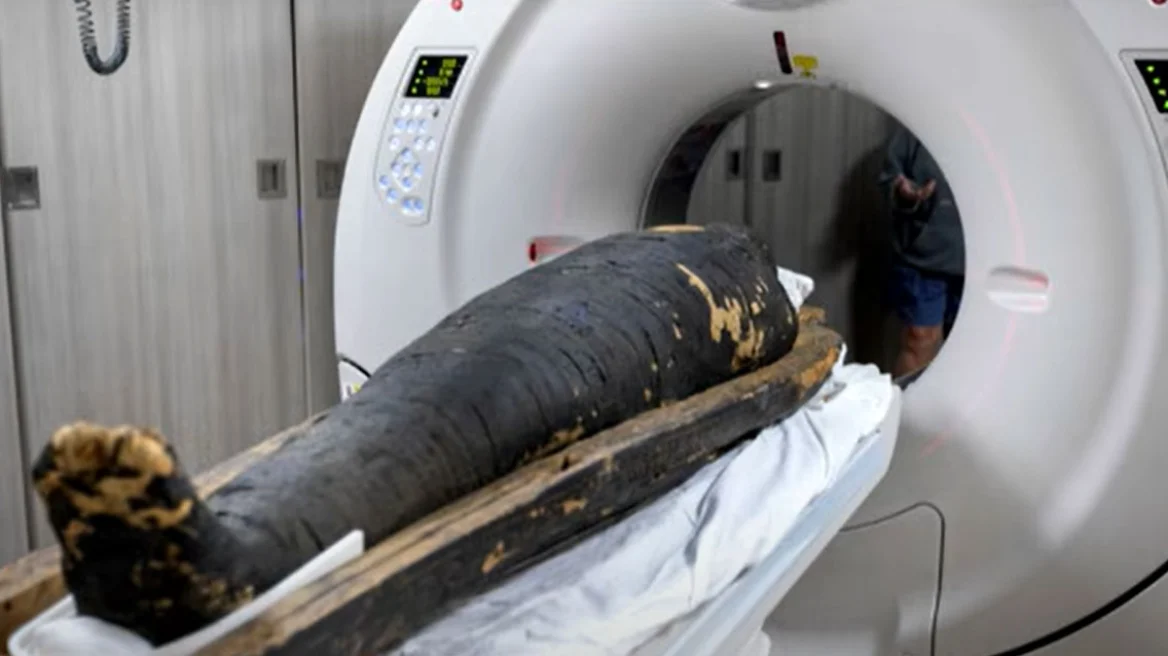Psychologist Cindel White from York University and her colleagues at the University of British Columbia conducted a study to determine the extent to which the above statement holds true. “So we created a very simple experiment where we tested whether people were actually thinking about God when considering whether or not to take a risk in their social life, career, or recreational environment,” said psychologist Cindel White, a collaborator on the study. “We wanted to find out if thinking about God influences risk-taking in their personal lives,” she noted. Their study mainly focused on scenarios involving recreational risks, such as hiking, social and professional risks, such as moving to a new place to pursue a new job opportunity, or forming new bonds with people. The results were highly interesting.
God and Risks
So how exactly do religious beliefs shape decision-making in our daily lives? For their research, White and her colleagues recruited 631 American Christian participants, asking them to write about a risk they were considering taking in the near future. Later, they asked the same participants how willing they would be to take this risk over the next three months. To try to separate the influence of their beliefs about God, they divided them into two groups, the experimental group and the control group. The experimental group was told: “Before you answer these questions, please think about the influence of God on what happens in your life. Consider the possibility of engaging in this risky activity or behavior, taking into account the influence of God in your life.” In contrast, the control group was simply asked to think about the possibility of engaging in a risky activity or behavior. The idea was that by priming the idea of a higher power, they would ascertain how much their beliefs about God ultimately influenced their decision-making.
The findings of the research showed that thinking about God made believers slightly more willing to take future risks. The reason lies in the fact that when individuals feel connected to a higher purpose, they seem to be more willing to take risks, viewing challenges as opportunities for personal growth rather than insurmountable obstacles. In this way, faith in a higher power can ultimately be seen as a unique form of psychological security—the perception an individual has about the consequences of taking an interpersonal risk—essentially offering a cushion against the fear of failure or the unknown.
Facing Uncertainty with Faith
In a life filled with upheavals that can cause fear and anxiety, the thought of God can offer a framework for individuals to confront uncertainty with faith, resilience, and the belief that challenges are part of a broader divine plan. This perspective seems to have a very positive impact, as it allows for a change in mindset, making us see risks as steps in a guided journey rather than frightening leaps into the unknown.
Furthermore, faith in a higher power has been linked to strengthening our coping mechanisms in life’s adversities. When individuals feel they have strong spiritual foundations, they are more likely to approach challenges with a positive mindset, seeing failures as opportunities for personal and spiritual growth. This resilience can act as a catalyst for taking risks, as individuals recognize that failure is not a final destination, but rather a stepping stone in their spiritual and personal journey. In this way, faith in a higher power becomes a source of strength, empowering us to pursue our goals with a deep sense of purpose and divine guidance.
See Also:
Earthquake 4,9 Richter in Dardanelles: Fears a major earthquake in Constantinople, seismologists say
The Biology of Faith
The aforementioned findings are not the only ones indicating the positive effects of religion and faith on humans. For example, a group from the University of Utah concluded that religious and spiritual experiences are neurologically similar to the euphoria caused by love and drug intake. Researchers conducted studies on certain Mormon groups, finding that the same neural systems associated with reward and drug intake were activated in them when they “felt the Holy Spirit.” Specifically, the nucleus accumbens, a brain region key to the reward circuitry and reinforcement, seemed to be repeatedly activated.
Although the authors acknowledged that much more work needs to be done, across multiple religions, to confirm the results, the research could mark the beginning of an interesting line of study into all kinds of religiously motivated behaviors. In an interview with CNN, Jeffrey Anderson, the study’s overseer, emphasized that it was the first study to show the connection with our brain’s reward system and that it represents a stepping stone for exploring all types of religiously motivated behaviors. “Billions of people make significant life decisions based on spiritual and religious feelings and experiences. It is perhaps one of the most powerful influences on our social behavior. However, we know so little about what really happens in the brain during these experiences. It’s simply a critical question that needs more study,” he noted.
Ask me anything
Explore related questions





